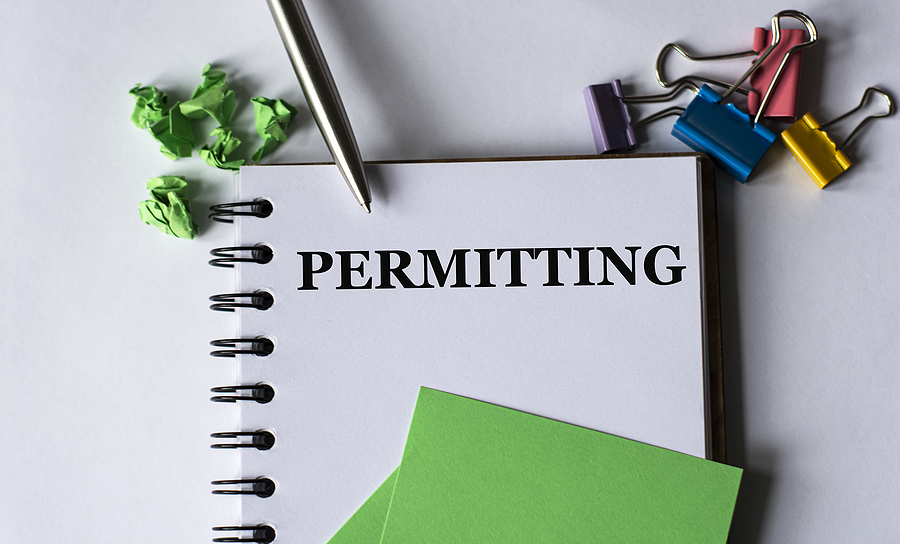You’ve done your due diligence, discovered wetlands on your property, and arranged for a wetlands delineation to ascertain its precise boundaries. Now you can apply for a permit, right?
Wait a minute — you might not need one after all.
What’s regulated (and what isn’t)
Given the complex legal language involved in wetlands regulation, it’s only natural to feel somewhat confused by what is and isn’t permissible. For one thing, contrary to what wetlands legislation appears to state, not every wetland is regulated. As an example, under Michigan law, wetlands are regulated if they are:
- Contiguous to the Great Lakes or Lake St. Clair, an inland lake or pond, or a river or stream, OR
- Greater than five acres in size with sufficient water to support wetland vegetation or wildlife.
And the Michigan Department of Environment, Great Lakes, and Energy (EGLE) further clarifies, stating that in accordance with Part 303, wetlands are regulated if they are any of the following:
- Connected to one of the Great Lakes or Lake St. Clair.
- Located within 1,000 feet of one of the Great Lakes or Lake St. Clair.
- Connected to an inland lake, pond, river, or stream.
- Located within 500 feet of an inland lake, pond, river or stream.
- Not connected to one of the Great Lakes or Lake St. Clair, or an inland lake, pond, stream, or river, but are more than 5 acres in size.
- Not connected to one of the Great Lakes or Lake St. Clair, or an inland lake, pond, stream, or river, and less than 5 acres in size, but EGLE has determined that these wetlands are essential to the preservation of the state’s natural resources and has notified the property owner.
Just to further flavor the mix, regulated wetlands can be man-made. Artificially created wetlands, such as those formed through the removal of a drainage conduit or as the by-product of construction, are still subject to regulation.
So while wetlands are protected under state, federal, and often local law, there are certain cases that are exempt from permitting.
Why regulations and permits matter
Let’s review why wetlands are important. Their benefits include:
- Flood and storm control
- Water filtration
- Erosion protection
- Habitat for wildlife and wildflowers
- Fish sanctuary
Most Michigan residents recognize the value wetlands provide and why they’re protected. So if someone wants to alter a wetland by dredging, draining, constructing, or otherwise changing its nature for their own purposes, they need a permit.
According to the Michigan Department of Environment, Great Lakes, and Energy (EGLE), decisions on wetland permit applications are based on a review of the proposed project in light of the wetlands definition and whether the area is under both state and federal jurisdiction.
In general, as described, “the applicant must show avoidance of wetland resources to the greatest extent possible and minimization of unavoidable wetland impacts.”
Working with wetlands
But what if you want to keep the wetlands intact, and work within their parameters? In Michigan, legislative exemptions from wetland permit requirements include:
- Fishing, boating, hiking
- Specific farm and forestry activities (e.g., plowing, planting, harvesting, grazing, stock ponds)
- Farm and forest roads (lumbering)
- Maintenance: dikes, drains, utilities, permitted structures.
These exemptions also hold true on the federal level under the EPA’s Clean Water Act. You may not need to apply for a wetlands permit for:
- Established farming, ranching, and silviculture (e.g., plowing, seeding, cultivating, minor drainage, harvesting for food production and forest products, or upland soil and water conservation practices)
- Maintenance (but not construction) of drainage ditches
- Construction and maintenance of irrigation ditches
- Construction and maintenance of farm or stock ponds
- Construction and maintenance of farm and forest roads, in accordance with best management practices
- Maintenance of structures such as dams, dikes, and levee.
—
Do you need assistance sorting out your project’s wetland requirements? Please contact TriMedia’s environmental engineers today. We take an individualized approach with our clients to fully understand your project scope and requirements.
- Wetland delineation
- Wetland monitoring
- Wetland permitting
- Wetland restoration

